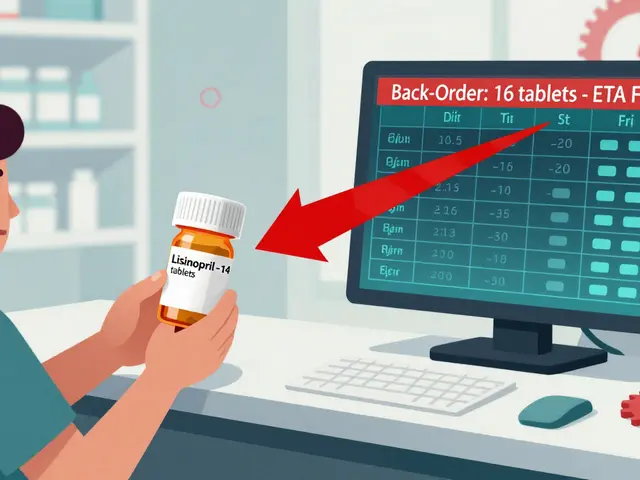Disulfiram: What You Need to Know About This Alcohol Treatment
If you're looking into ways to handle alcohol dependence, Disulfiram might have come up. It's a medication designed to help people stay away from drinking. But how does it actually work, and is it right for you? This guide will break down the basics in plain talk.
How Does Disulfiram Work?
Disulfiram works by making you feel really bad if you drink alcohol while taking it. It blocks an enzyme that helps break down alcohol. So, when you drink, nasty symptoms like flushing, nausea, and headaches hit quickly. This unpleasant reaction puts a strong brake on the desire to drink.
Think of it as a safety reminder your body won't let you ignore. But it’s important to understand that Disulfiram doesn't cure addiction. It's a tool to support your commitment to quit drinking, not a magic fix.
What Should You Consider Before Taking Disulfiram?
Before jumping in, talk with your doctor about health conditions that might make Disulfiram risky, like liver problems. You'll need to be 100% alcohol-free for at least 12 hours before starting the medication, or the reaction can be severe.
Also, avoid products with hidden alcohol — even some mouthwashes or cough syrups can trigger effects. It’s good to have solid support too, since Disulfiram works best with counseling or therapy alongside it.
Keep an eye on side effects like tiredness, rash, or mild drowsiness. If you notice anything serious or unusual, don’t hesitate to check in with your healthcare provider. Disulfiram needs patience and care to be effective.
In short, while Disulfiram isn't for everyone, it can be a helpful part of your plan to quit drinking when used wisely. Getting familiar with how it works and the right precautions sets you up for a smoother path toward staying sober.





